
In the wake of a recent school shooting in Nashville and the ongoing debate around gun laws nationwide, Tennessee finds itself at a crossroads, grappling with its high rate of gun deaths and the laxity of its gun policies.
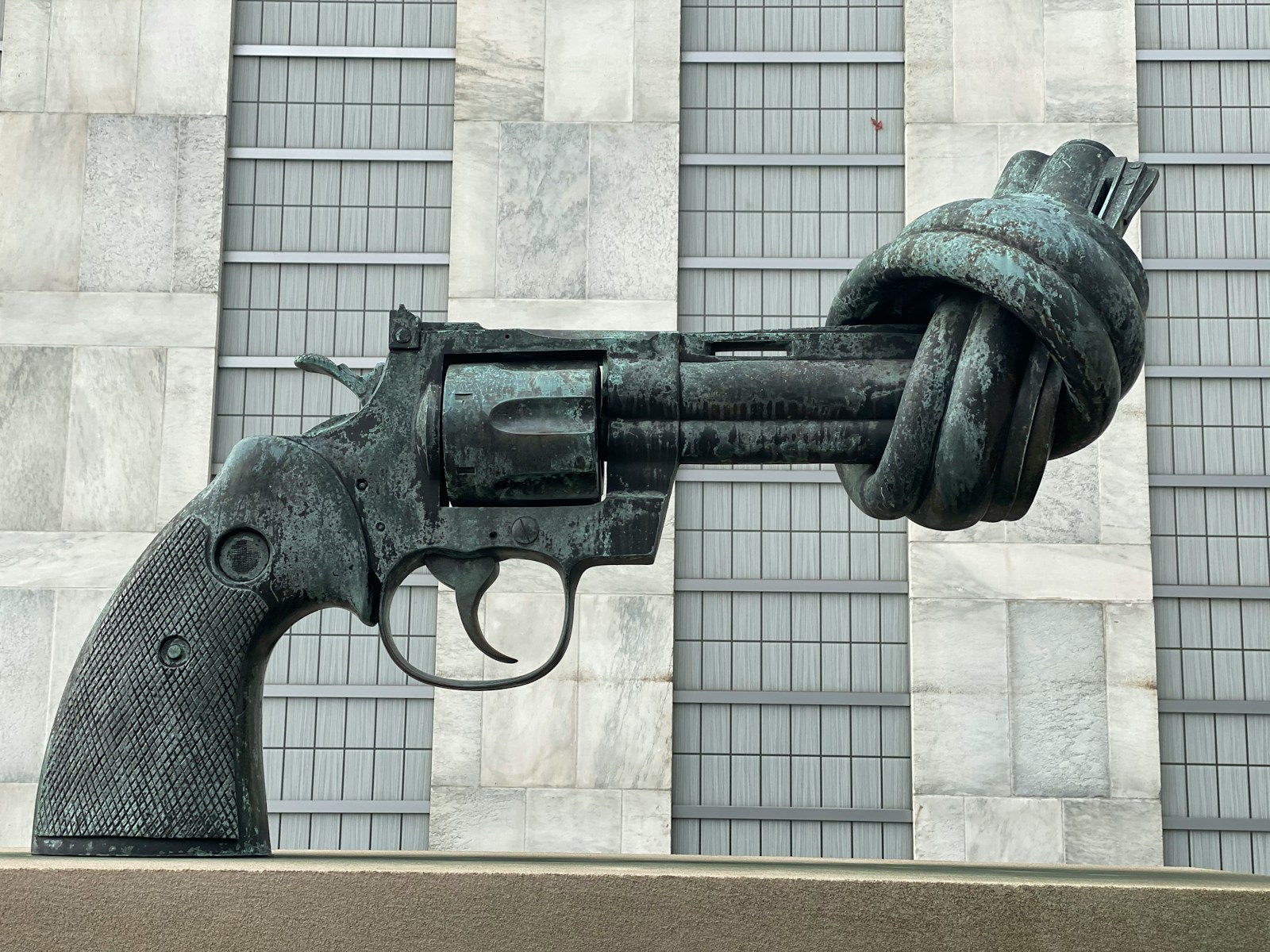
Despite being ranked #29 in the country for gun law strength, the same as last year, Tennessee’s lawmakers have recently slackened state policies, eliminating the carry permit requirement and allowing nearly unrestricted carrying of loaded firearms in public.
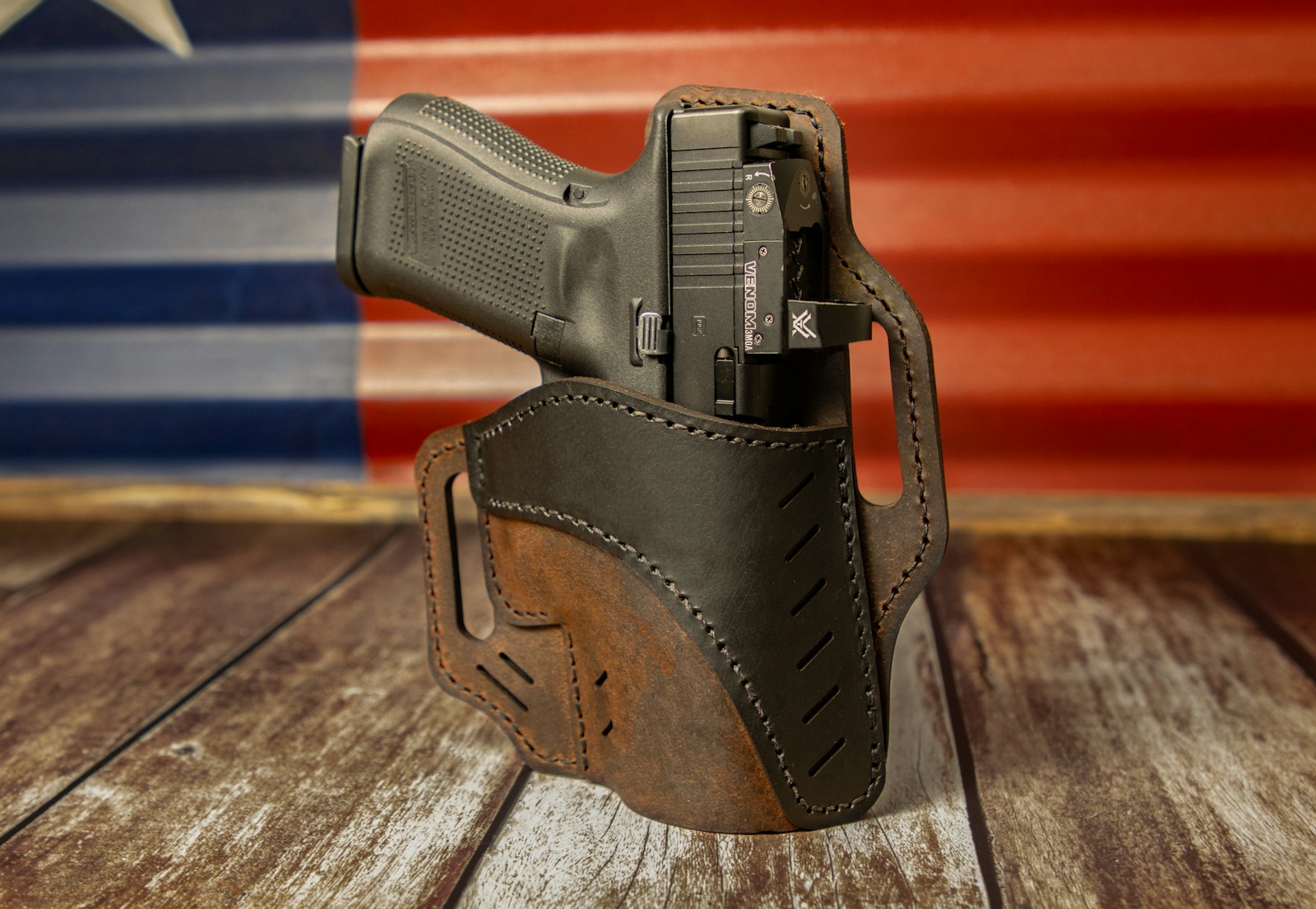
This legislative trend reaches back to July 1, 2021, when a law permitted Tennessee citizens 21 and over (18 if in the military or honorably discharged), and in lawful possession of a handgun, to carry openly or concealed without a permit.

The law raised concerns for both the public and law enforcement, as it did not mandate citizens to complete any safety or training course.
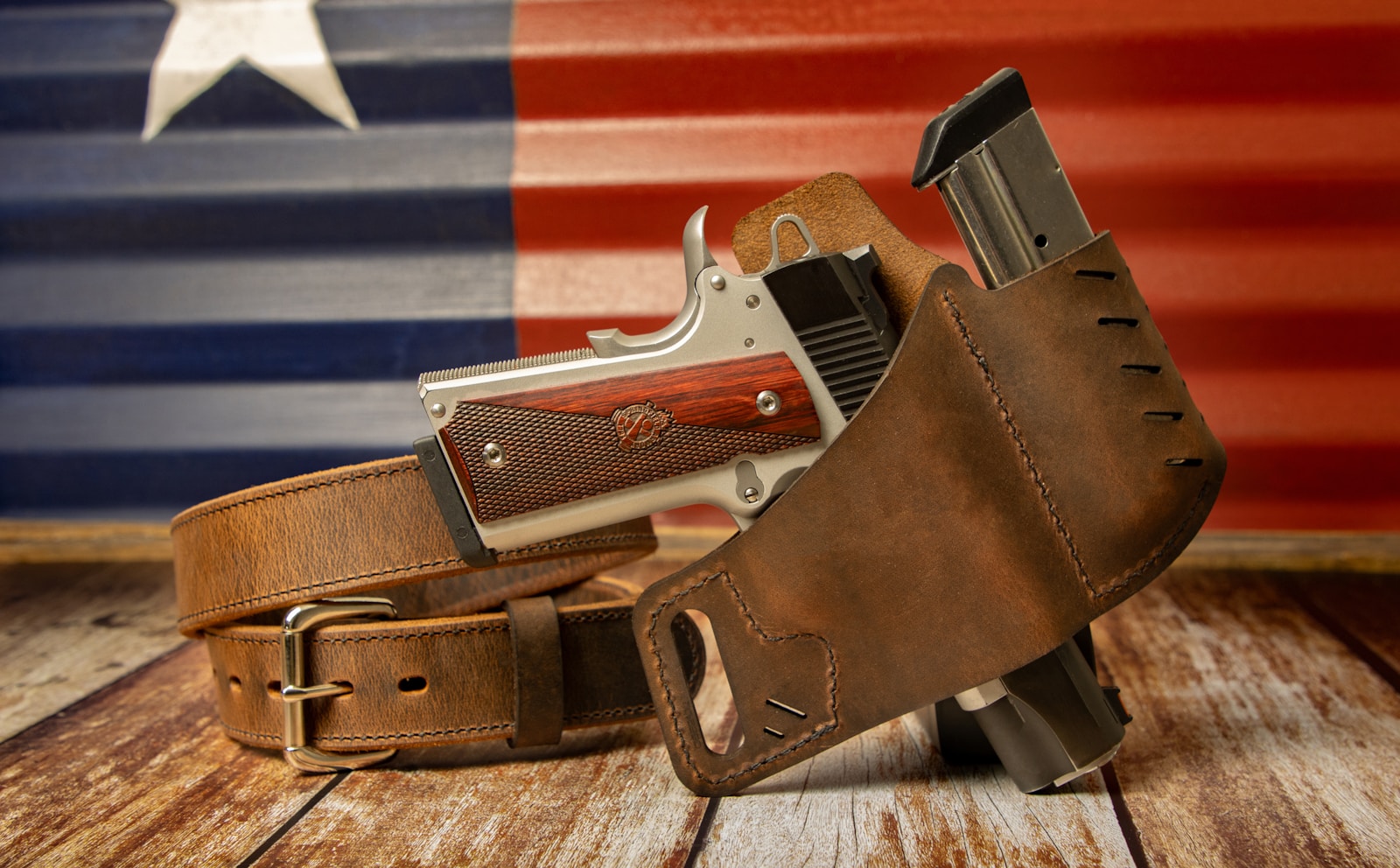
The Memphis Police Department and other law enforcement agencies have emphasized the importance of training for safe firearm handling and understanding state laws, offering free handgun safety classes to mitigate potential risks.
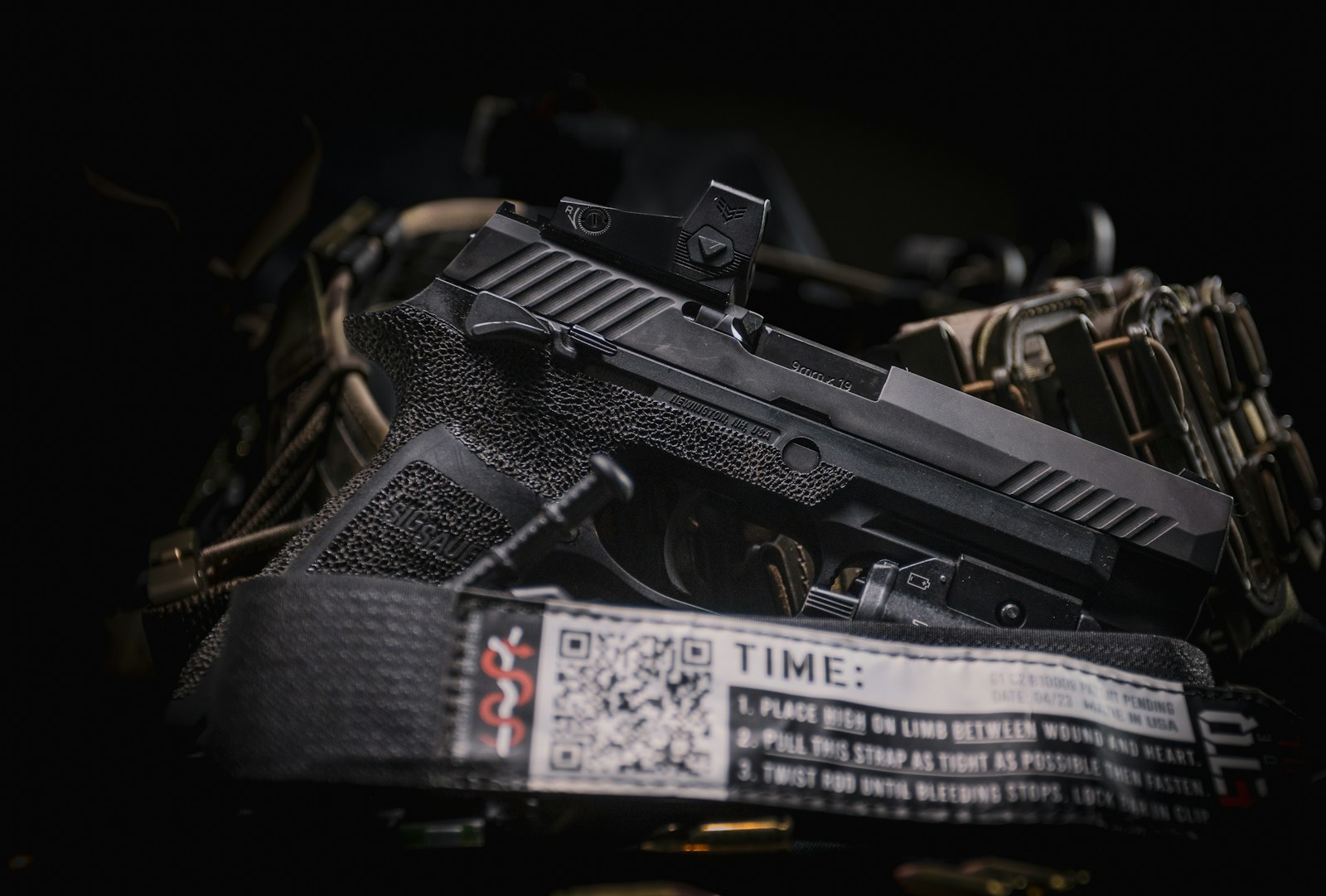
Despite calls for safety training, Governor Bill Lee’s administration has been criticized for a reluctance to regulate firearms further. The term “constitutional carry” has been used to describe lax gun carry policies, which some see as a distortion of the Second Amendment’s intent.
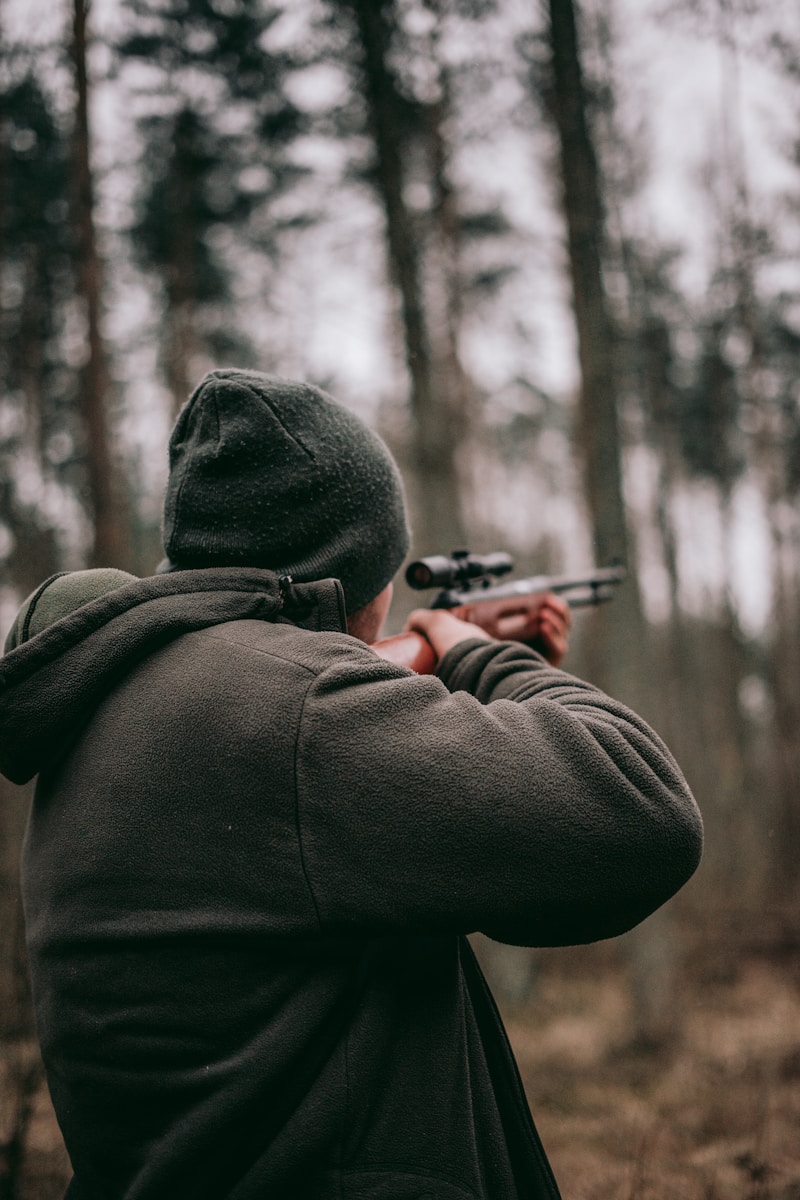
Critics highlight that even Justice Antonin Scalia, writing for the majority in the pivotal Supreme Court case District of Columbia v. Heller, acknowledged that “the right secured by the Second Amendment is not unlimited,” suggesting that some regulations, like assault weapon bans and red-flag laws, would likely be constitutional.
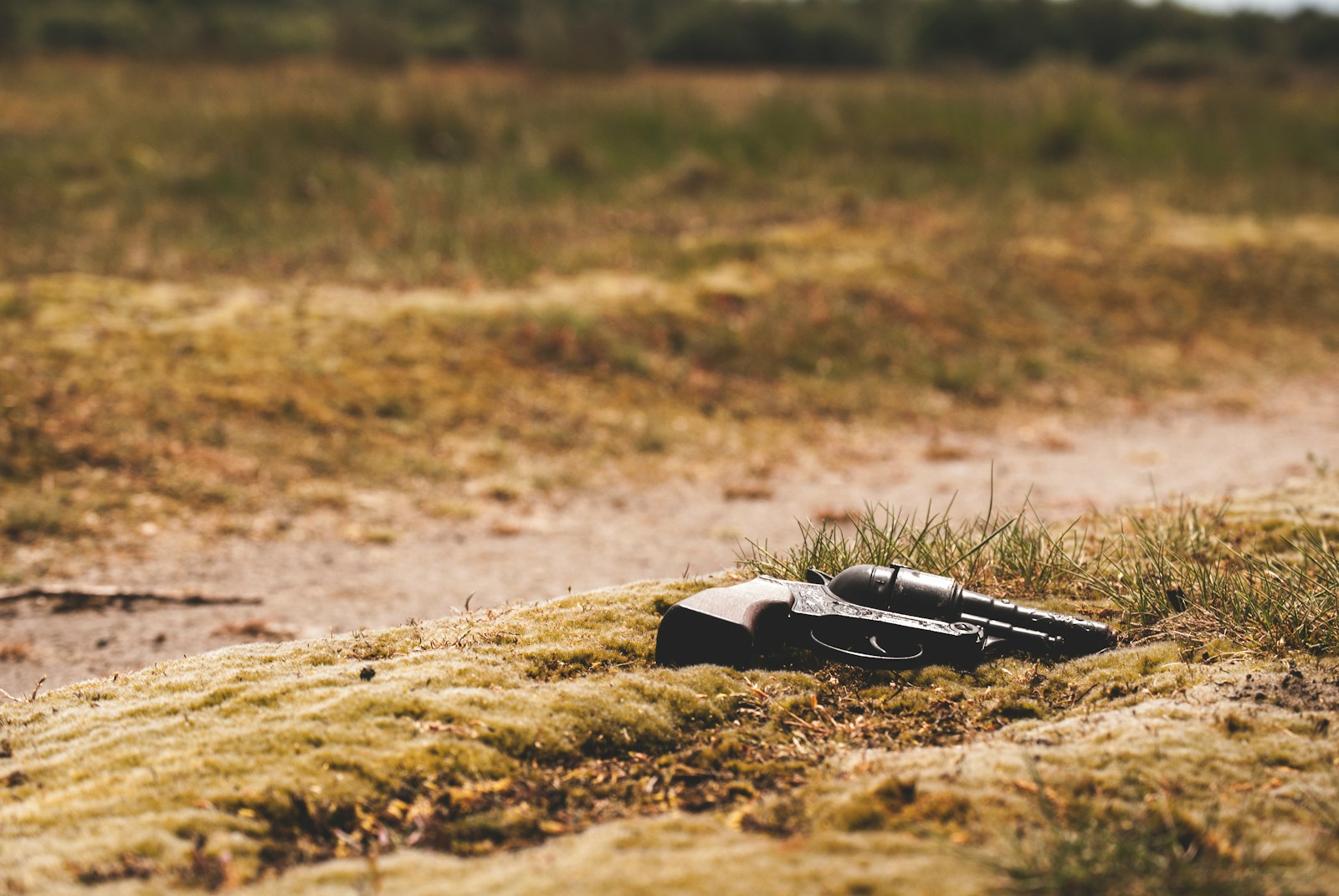
However, state legislators have been known to dismiss these interpretations, often citing the Second Amendment to oppose any gun-related legislation.

This has led to a situation where Tennessee could potentially save 12,514 lives over the next decade if it had the gun death rate of states with the strongest gun safety laws.

Tennessee has foundational laws in place, including prohibitions for convicted felons, hate crime offenders, and domestic abusers, but they fall short of preventing the carry of firearms in sensitive areas like schools, and state capitols, and do not address the issue of firearms in bars.
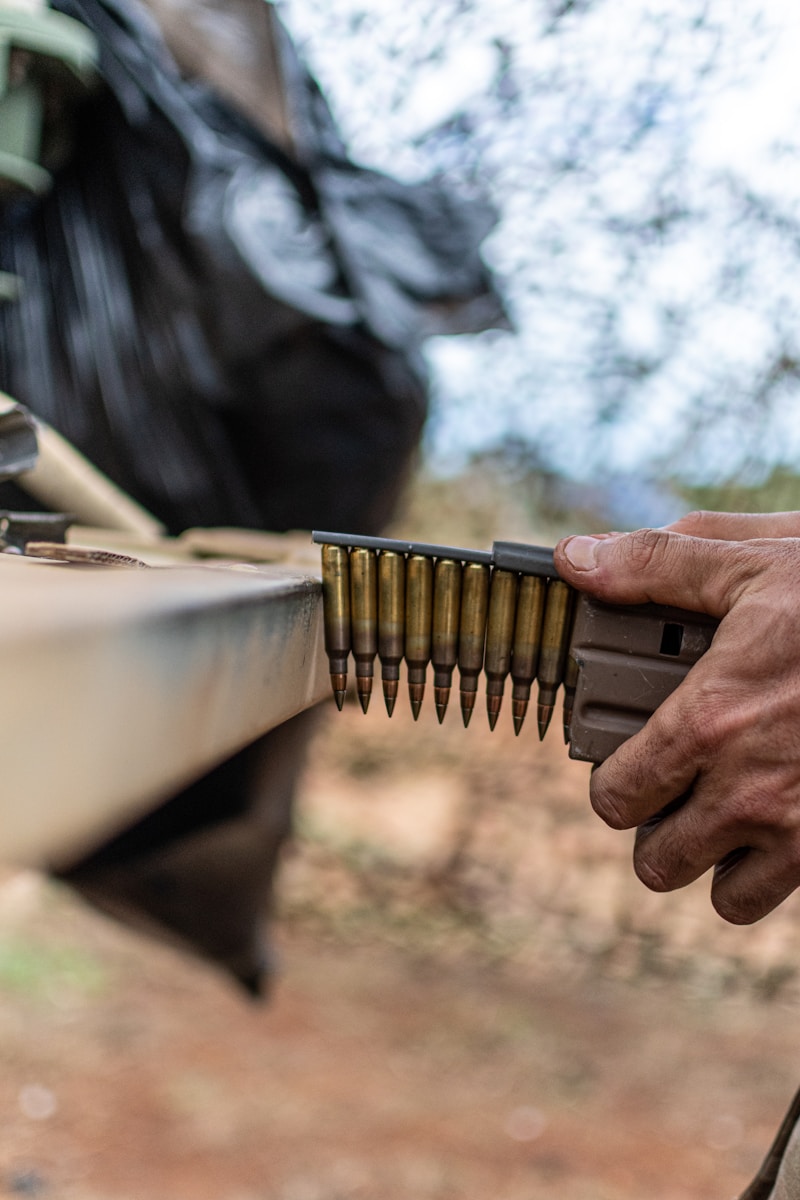
Furthermore, there’s no requirement for secure storage or child access prevention, leaving loopholes that could be exploited with potentially fatal consequences.
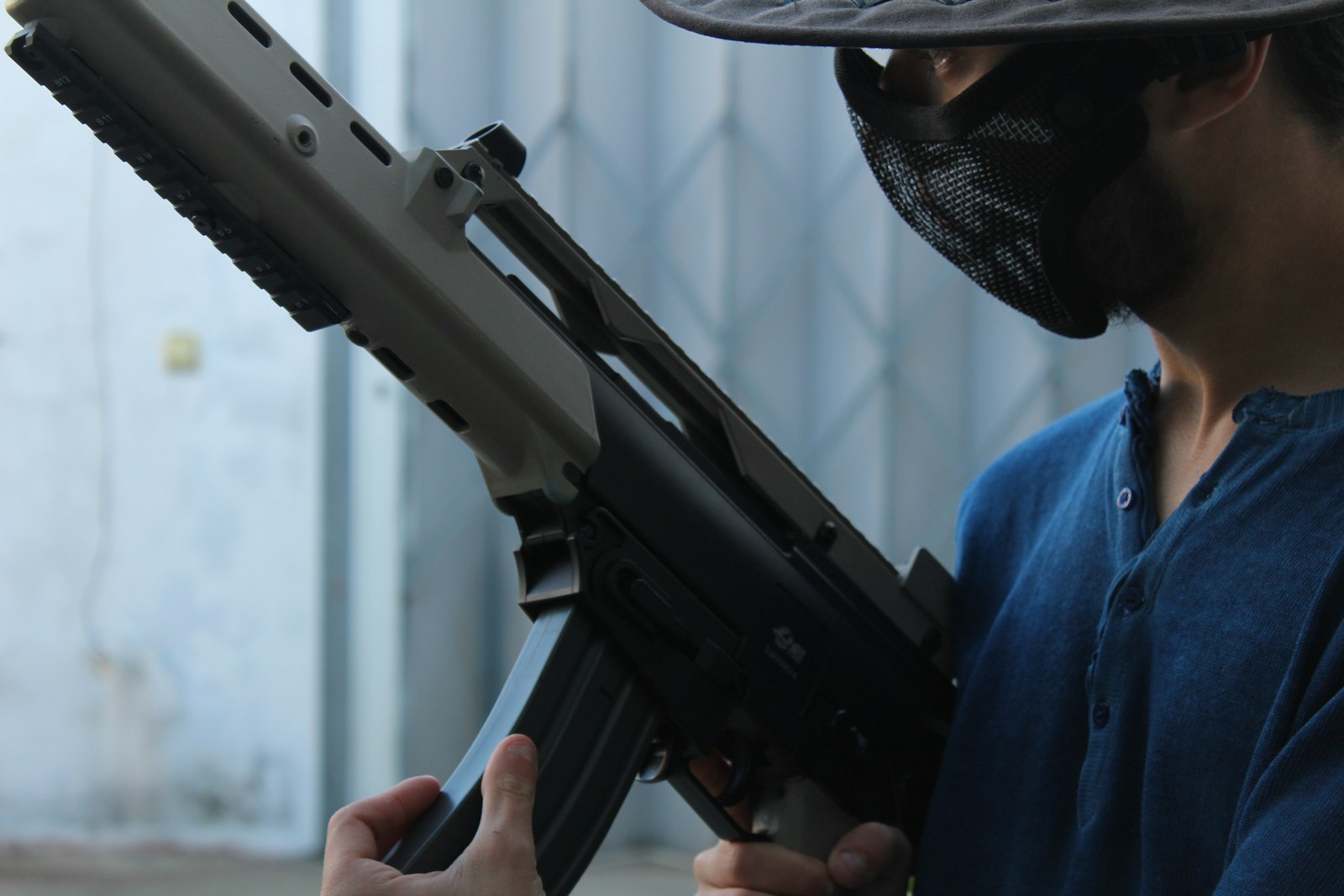
Governor Lee has not exercised his veto power, even for controversial bills, relying on a cooperative legislative process. This stance has raised eyebrows among observers who note his apparent support for the vast majority of bills that pass his desk. This includes a variety of measures, some of which are perceived as being driven more by ideology than by public safety.

The tension between gun rights and public safety in Tennessee is a microcosm of the broader national debate on gun control. In a state with one of the highest rates of gun deaths in America, the question of how to reconcile the Second Amendment with effective gun safety measures remains a pressing concern for residents, lawmakers, and law enforcement alike.
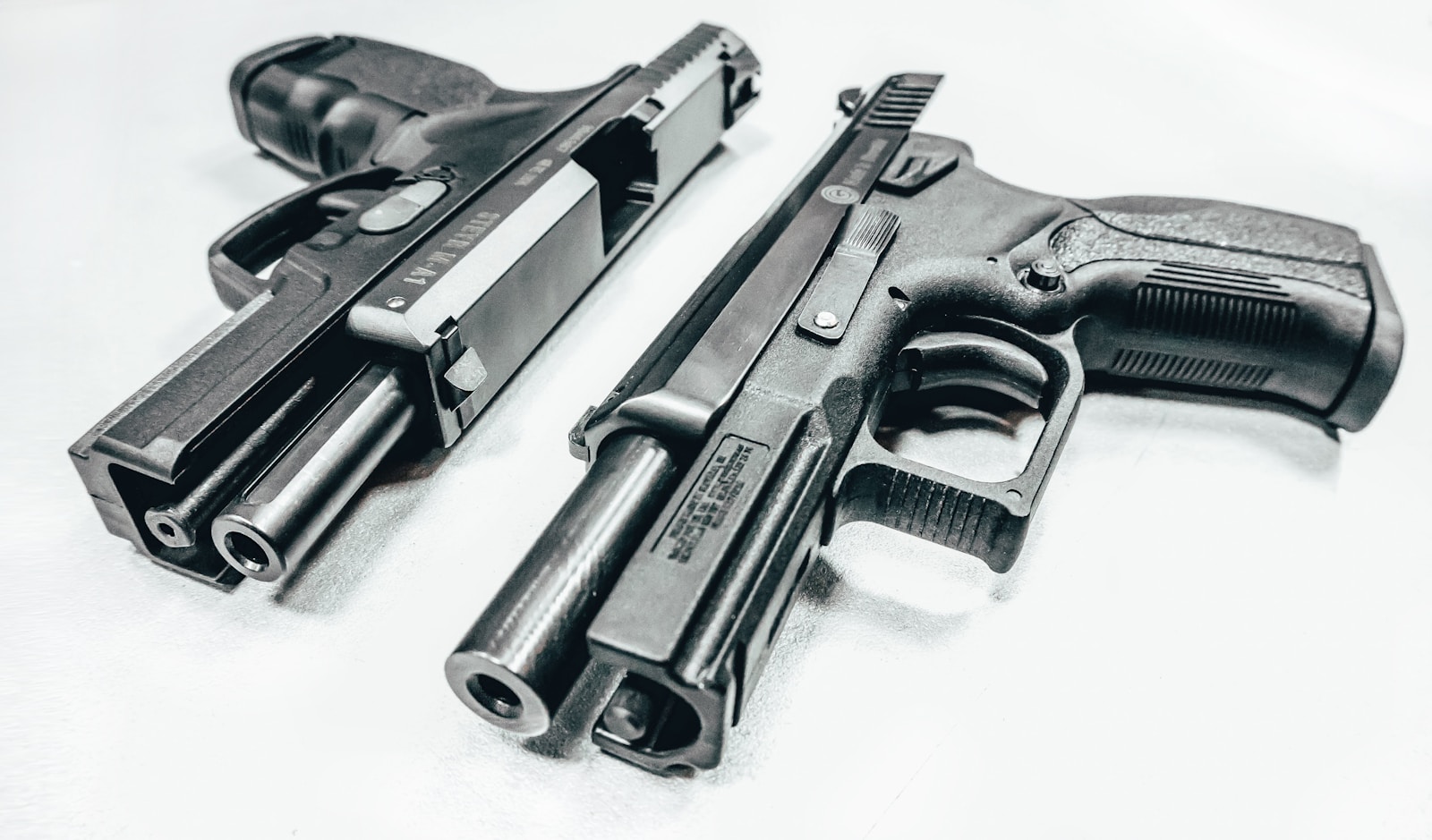
The ongoing dialogue in Tennessee reflects a nation deeply divided on the issue of gun control, searching for a balance between preserving individual rights and protecting the public from gun violence.
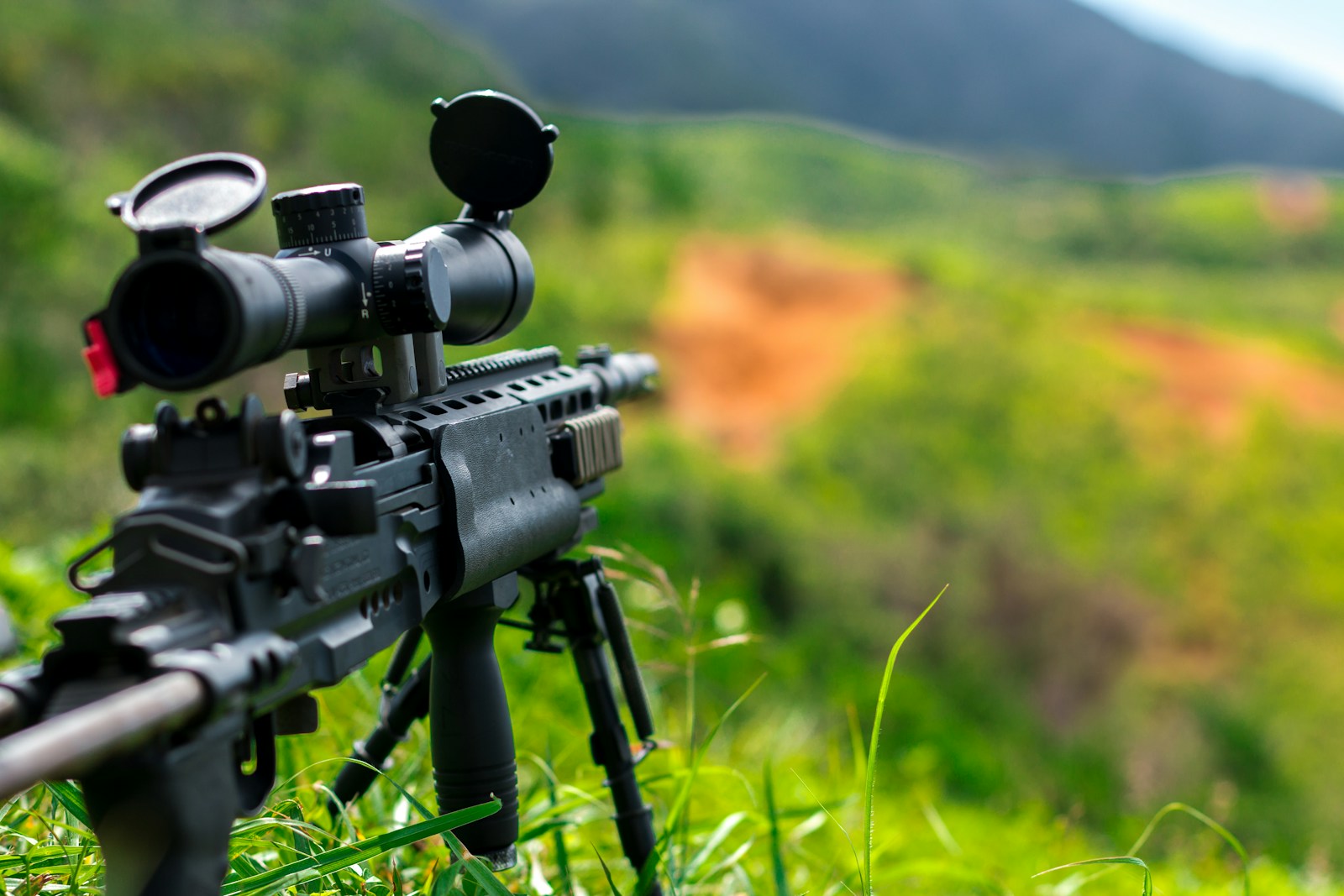
As laws evolve and the conversation continues, the outcomes of these policies will shape not only the state’s future but also inform the nationwide debate on how to address one of America’s most contentious and enduring issues.
Relevant articles:
– Words matter in Tennessee’s debate over guns and gun laws • Tennessee Lookout, Tennessee Lookout
– Memphis Police Department, memphispolice.org
– Stockard on the Stump: Tennessee governor will sign anything, just put it in front of him • Tennessee Lookout, Tennessee Lookout
– Tennessee, Everytown Research & Policy

